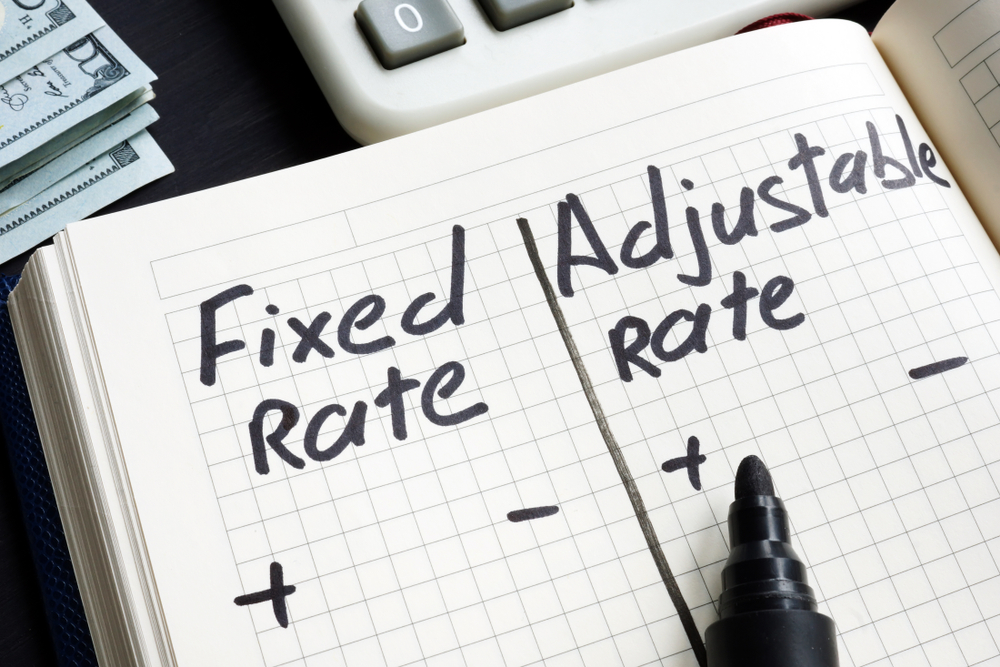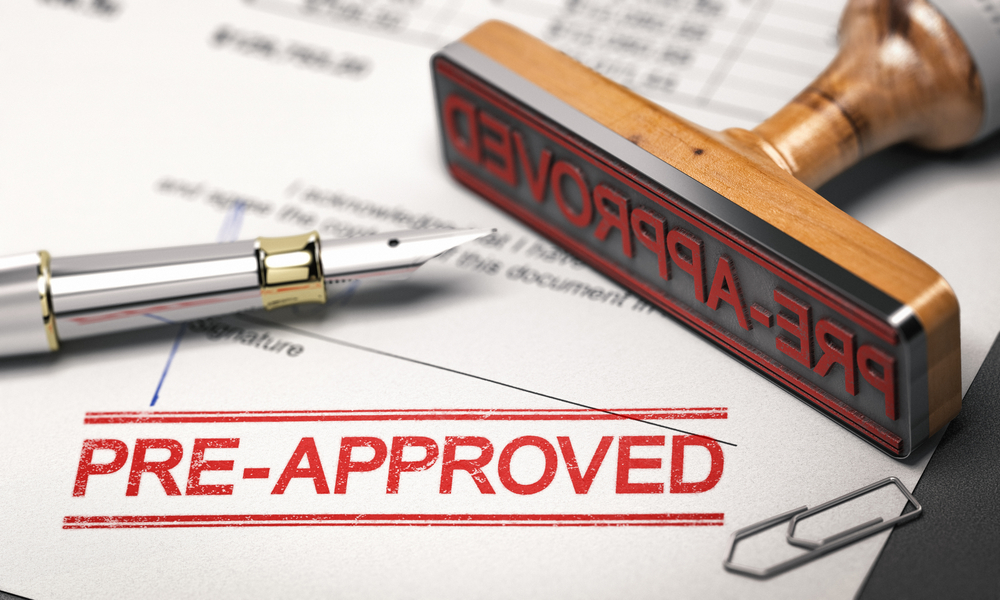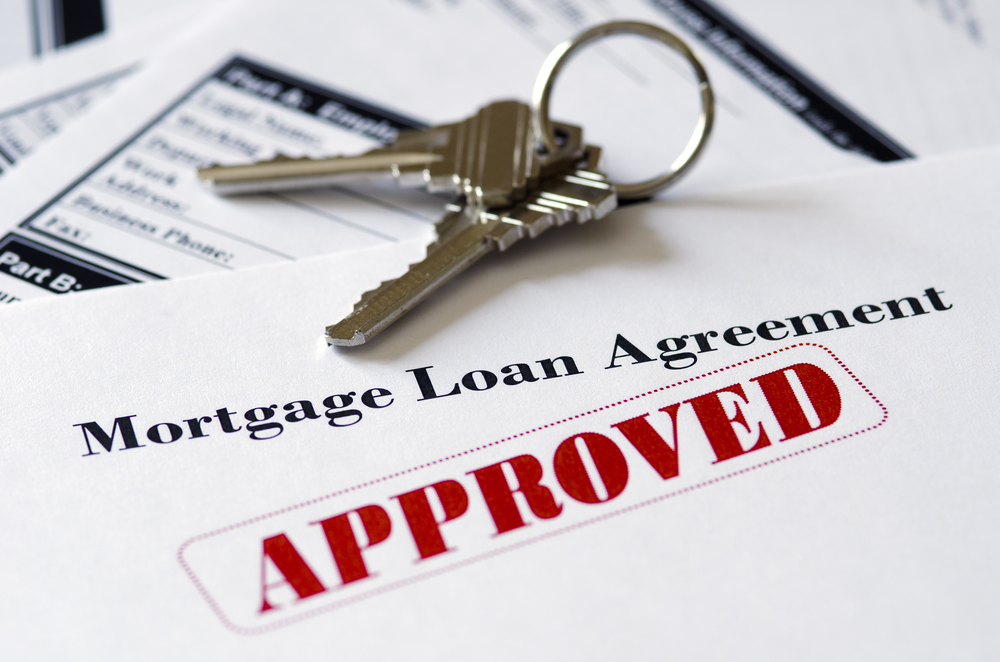Entering the world of homeownership is both thrilling and daunting. The mortgage is at the heart of this journey—a word that often induces excitement and fear among first-time buyers.
For many, understanding mortgages is the first step to owning their dream home. So, if you're taking that leap into property ownership, here are general ideas to familiarize you with some commonly used terms and understand key mortgage scenarios.
What is a Mortgage?
A mortgage is a loan specifically designed for purchasing real estate. In a mortgage agreement, the buyer borrows money from a lender (usually a bank) to buy a home or other real estate. Over time, the buyer repays this loan and interest until they own the property outright.

Key Components of a Mortgage:
- Principal: This is the original amount of the loan or the amount of money you borrowed to buy the property.
- Interest: This is what the lender charges you for lending the money. It's calculated as a percentage of the principal.
- Term: The amount of time you have to pay off the loan. Standard terms include 15, 20, or 30 years.
- Monthly Payment: This is the amount you'll pay monthly towards your mortgage. It usually covers the loan's interest cost and slightly reduces the principal balance.
- Down Payment: The upfront amount you pay towards the home's purchase price. The size of the down payment can influence the terms of the mortgage and can vary widely.

Types of Mortgages:
- Fixed-Rate Mortgages: The interest rate remains the same throughout the loan term. This type provides stability as your monthly payments won't change.
- Adjustable-Rate Mortgages (ARMs): These have interest rates that can change periodically, depending on changes in a corresponding financial index associated with the loan. Generally, your monthly payment will increase or decrease if the index rate goes up or down.
- Government-Insured Mortgages: These include FHA (Federal Housing Administration), VA (Veterans Affairs), and USDA (U.S. Department of Agriculture) loans. Each has its criteria and may require lower down payments.

Pre-Approval vs. Pre-Qualification
Both pre-approval and pre-qualification are preliminary steps in the mortgage application process. They give homebuyers an understanding of how much they might be able to borrow, but they are not guarantees of a loan. Here's a closer look at the differences between the two:
1. Pre-Qualification:
- Definition: An initial assessment by a lender of a borrower's creditworthiness based on self-reported information.
- Process: The borrower provides a financial overview, typically including income, debt, and assets. The lender then estimates how much the borrower might be eligible to borrow.
- Documentation: Minimal documentation is usually required, mostly self-reported details from the borrower.
- Time: It's a relatively quick process, often taking only a day or even just a few hours.
- Level of Commitment: It's a general indication, not a commitment from the lender. It's mainly for the borrower to understand where they stand.
- Benefits: Helps borrowers understand their potential borrowing capacity and can be a starting point in the homebuying journey.
2. Pre-Approval:
- Definition: A more formal evaluation by a lender to determine the specific mortgage amount a borrower is eligible for.
- Process: The borrower completes a mortgage application and provides the lender with the necessary documentation to check credit scores, evaluate debts and assets, and other relevant financial data. The lender then offers a conditional commitment for a specific mortgage amount.
- Documentation: Requires detailed financial documentation such as W-2 forms, tax returns, pay stubs, and more.
- Time: This can take longer, depending on the depth of the financial review and the documentation required.
- Level of Commitment: A more robust indicator of a lender's willingness to grant a mortgage. While it's not a guaranteed loan, it's a formal indication that the borrower is a serious candidate for a mortgage.
- Benefits: Strengthens a homebuyer's position when bidding on a house since sellers often view pre-approved buyers as more reliable.
While both pre-qualification and pre-approval can be beneficial, pre-approval holds more weight, especially in competitive housing markets. It signals to sellers that you are a serious buyer with a lender's tentative backing. If you're serious about purchasing a home, seeking pre-approval can give you a competitive edge.

Why is Your Credit Score Important?
Your credit score plays a pivotal role in your ability to secure a mortgage. It's a numerical representation of your creditworthiness; lenders use it to gauge your lending risk. A higher score might get you a better interest rate, while a low score might mean higher rates or loan denial. It's crucial to check your score before applying and rectify any errors you might find in your credit report.

Additional Costs to Consider:
Owning a home is more than just the monthly mortgage payment. Remember these additional costs:
- Closing Costs: These are fees and other expenses you must pay to finalize your mortgage, usually 2% to 5% of the loan amount.
- Property Taxes: These are levied by the city or county where the property is located. They're based on the property's value.
- Homeowners Insurance: This covers potential damages to your home.
- Private Mortgage Insurance (PMI): If your down payment is less than 20%, you may be required to purchase PMI. It protects the lender in case you default on the loan.

Tips for First-Time Homebuyers:
- Budget Wisely: Understand your financial limitations. Remember to account for all homeownership costs, not just the mortgage payment.
- Shop Around: Different lenders offer different interest rates and terms. Take your time to find the best deal for your situation.
- Stay Informed: Mortgage rules and market conditions can change. Stay updated, and always ask questions if you need clarification on any part of the process.
Choosing the Right Mortgage for You
When deciding on a mortgage, consider:
- How Long You Plan to Stay in the Home: An ARM might make sense if you stay for a short period. If you're thinking long-term, a fixed rate might be better.
- Your Financial Stability: If your income is stable and you can handle the monthly payments even if they go up, consider an ARM. If not, a fixed rate could offer more peace of mind.
- Down Payment: Look at what you've saved and what loans best match your available down payment.
- Ask Questions: Talk to mortgage brokers, bank representatives, and financial professionals. Ask about fees, future monthly payment changes, and anything else that needs to be clarified

Closing on Your Mortgage
Once approved for a loan and found your dream home, you'll go through the closing process. This is when all the paperwork gets finalized. You'll sign a series of documents, including the promissory note (your promise to the lender to pay back the loan) and the deed of trust, which gives your lender a claim against the home if you fail to live up to the loan terms.
In conclusion, mortgages seem complex, but adequate knowledge and preparation make them a manageable part of the homebuying journey. This guide offers a foundational understanding, but consulting with financial advisors or mortgage professionals is always recommended when making decisions. With careful planning and research, you'll be well on your way to owning your dream home.
An experienced agent or broker can assist you throughout this journey. Reach out to me for further information! I'm here to support you.



